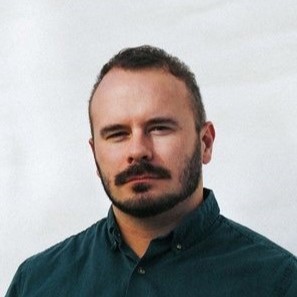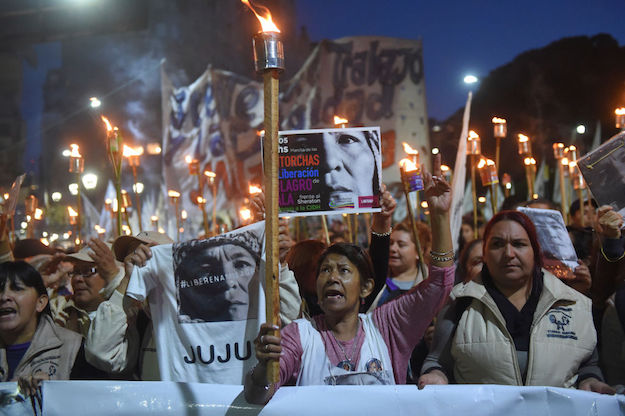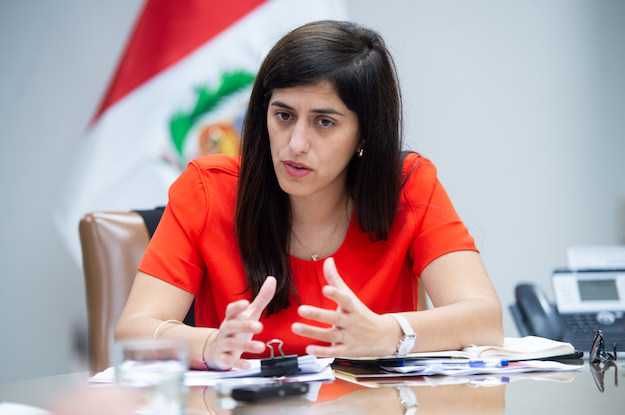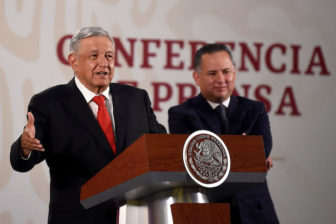SAN SALVADOR DE JUJUY – As Argentina’s crucial midterm elections approach, the country’s growing political divides are on full display.
Nowhere is this more clear than in the case of Milagro Sala, a prominent activist in Argentina’s remote northwest who once enjoyed vast influence bolstered by the patronage of then-President Cristina Fernández de Kirchner as well as the thousands of Argentines who benefited from her work.
But weeks after President Mauricio Macri’s election in late 2015, Sala found herself behind bars, charged with sedition and abetment after organizing a month-long protest. Her arrest was controversial and sparked countrywide demonstrations in her home province of Jujuy. At the time, Férnandez’s outgoing cabinet chief called her “Macri’s first political prisoner” – a classification Férnandez herself often repeats.
After international pressure, Sala was transferred to house arrest on Aug. 30. But her story is far from over, with the next chapter likely to impact national elections in October. With campaigns in full swing, actors on both sides of the political divide are finding Sala’s story a useful tool with which to attack their opponents.
A righteous cause
Sala, 53, emerged at the turn of the millennium as a champion of Jujuy province’s downtrodden indigenous and mestizo populations. Diminutive but domineering, she formed the Túpac Amaru Neighborhood Association, a group providing social services to its members and almost rivalling the state in influence.
The organization, like its namesake – an eighteenth-century Peruvian rebel – also battled local elites, said Patricia “Pachila” Cabana, Sala’s right-hand woman.
The national governments of Fernández and her husband Néstor Kirchner (2003-2015) channeled federal funds directly to El Túpac. In turn, Sala showered the province’s poorest with medical necessities, public works and jobs in cooperatives.
“We handed out thousands of glasses, dental prostheses, fake arms, fake legs … do you know how many people we had to give caskets to so they could bury their relatives?” asked Cabana. “Thousands. Who gave them operations? Who gave them wheelchairs? Túpac Amaru.”
The group built 8,000 houses and 127 municipal pools. Its presence stretched to the Bolivian and Chilean border – some 10 percent of Jujuy’s 1 million residents were card-carrying members – and nationwide.
But things changed abruptly in late 2015. Just as Macri overturned 12 years of Kirchnerist rule at the national level, Gerardo Morales became Jujuy’s first non-Peronist governor in decades. When police broke up a protest camp that was resisting Morales’ proposals to make the Túpac’s payment structures more transparent, Sala was arrested on charges of public disorder, incitement and, later, threatening police and misspending $2 million of public money.
Morales is “on a personal crusade against Milagro,” said Cabana. A spokeswoman for Morales declined to comment.
Meanwhile, the parks of the Cantri Túpac Amaru – a social housing project sprawled across the hillsides of San Salvador de Jujuy – are going to ruin.
The plastic mammoths and dinosaurs are crumbling; a concrete pre-Columbian temple is daubed with graffiti. The waterpark dried up months ago – along with the money that once washed up there, thanks to Sala.
In a textile cooperative, now down from 120 workers to 40, heaps of Túpac-branded jackets are piled in the corners. “Now we can’t do anything with them,” said José Castro, the supervisor. “Except take a nap on them.”
A country divided?
It’s tempting to view Sala’s imprisonment – the activist versus the politician, the collectivism of the Andean northwest against Buenos Aires technocrats – as part of what columnists and the general public alike have come to term la grieta: a yawning social and political divide left in the wake of the Kirchner years.
Sala’s arrest foreshadowed a new security protocol designed “to criminalize and repress social demonstrations,” said Mariela Belski, executive director of Amnesty International Argentina. A national outcry over the disappearance on Aug. 1 of a young pro-Mapuche activist, Santiago Maldonado – last seen being arrested – has added to the sense of fault-lines sharpening along historical lines.
For others, the alleged corruption and authoritarianism of Sala mirrors that of her patron, Cristina Kirchner: a model of populist clientelism that broke the bank and sought to cover up data on rising poverty and inflation.
But this adversarial reading requires some caveats. The first is that both sides have sought to play up these divisions. Last month, Kirchner lamented the return of “political prisoners and disappearances” to Argentina, referring to Sala and Maldonado.
The government also benefits from Sala’s and Kirchner’s continued prominence. Some suspect Macri’s team leaned on judges to stall corruption investigations of Kirchner so she can compete in October’s congressional ballot. This helps Macri’s Cambiemos coalition delegitimize the broader left by highlighting the alleged sleaze of the Kirchner years.
“It’s easy for the government to emphasise these negative traits,” said Sergio Berensztein, a political analyst. A recent public phone-call between Sala and Venezuela’s embattled president will have only helped Macri’s administration play on what Berensztein describes as the “ghost of authoritarian populism.”
The second is that Kirchner and Sala are fast losing their base. In August’s primary elections, notes Silvia Mercado, the Casa Rosada correspondent for Infobae, Macri’s Cambiemos coalition made gains in the poorest neighborhoods of the capital, a trend she predicted would repeat nationwide next month.
“Cambiemos will make electoral gains in the all of the country’s poorest neighborhoods (because) it’s introducing all of its reforms alongside a process of dialogue,” Mercado told AQ.
Lowering the Túpac flag
In Jujuy, meanwhile, Sala’s influence is waning. Polling by Aresco in August suggested that 80 percent of the province’s residents supported her detention while the judicial process continued.
Even Túpac insiders voice criticisms. “Before, the jefa (boss) imposed a single amount that everyone could earn per month,” said Castro, on the textile factory floor. “Now, we earn minimum wage, but on the weekends we share any extra profits,” he said. Morales’ administration has broken a promise to maintain their funding, but awarded them a contract to stitch municipal uniforms, Castro said.
Cabana herself concedes some mistakes. “Milagro was an enemy of the idea that we go out with cameras and broadcast our work … there’s no registry that says we gave this and that, because we never played politics with it,” she argued. “Nowadays, no one wants to raise the Túpac flag,” she admitted. “If Christ was denied three times, they’ve denied Túpac 10 times.”
This disenchantment hasn’t translated into enthusiasm for Morales, whose coalition shed votes in August’s primaries in comparison with 2015. Nationally, growth is only just returning, inflation and unemployment are still painfully high, and utility prices have risen sharply.
A sustained period of growth – if the benefits are shared widely – may help paper over the cracks on the national level. In Jujuy, the economy is booming: lithium mining is taking off – although not without controversy, either – and Morales plans to build the world’s biggest solar energy plant nearby. Part of Macri’s “Plan Belgrano,” work is underway to restore the railway between the provincial capital and the Bolivian border.
If she’s exonerated, Cabana suggests, Sala won’t bear a grudge. “She’ll work with whoever, and give everything she has to the people,” she told AQ. “As a leader, she was born for this.”
—
Blair is a freelance journalist based between London and Latin America. He is currently writing a book on South American history due for publication with Bodley Head/Penguin Random House in 2018. Follow him on Twitter at @LABlair1492.








